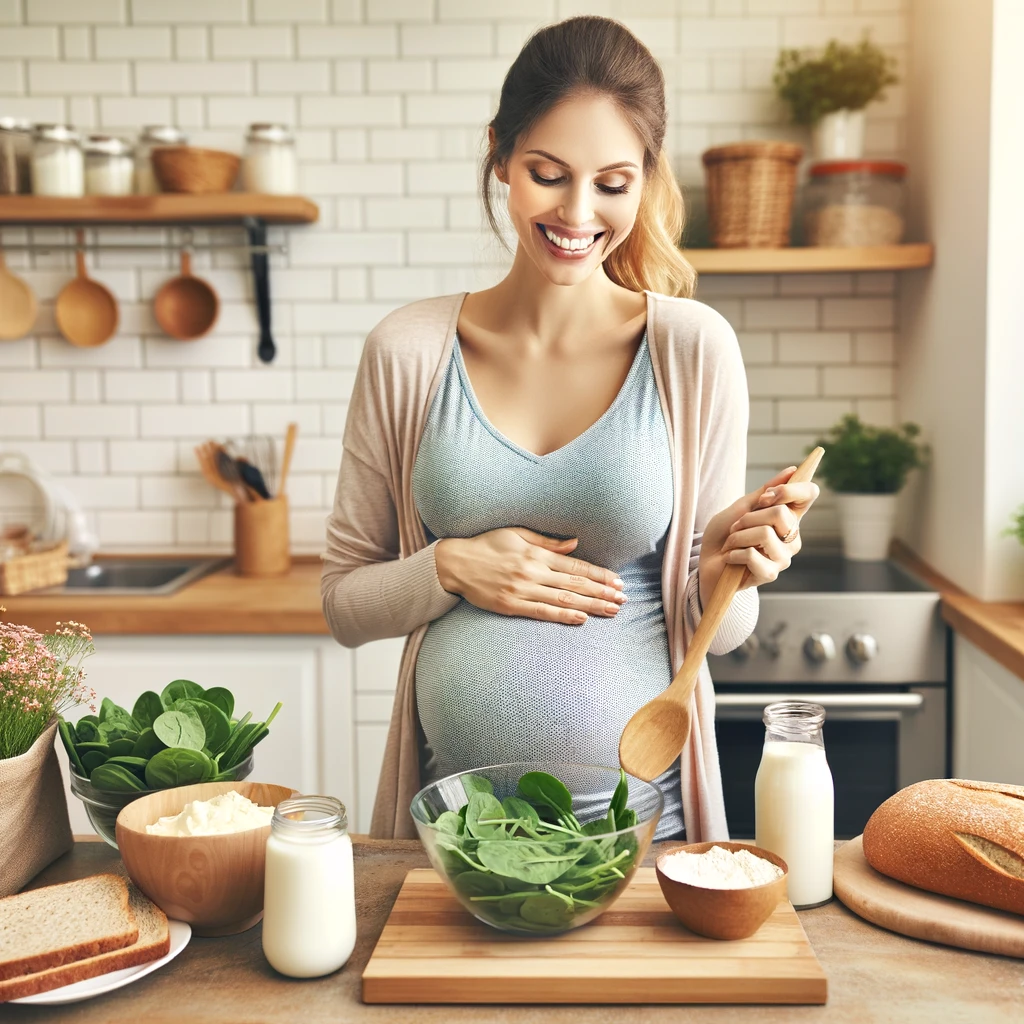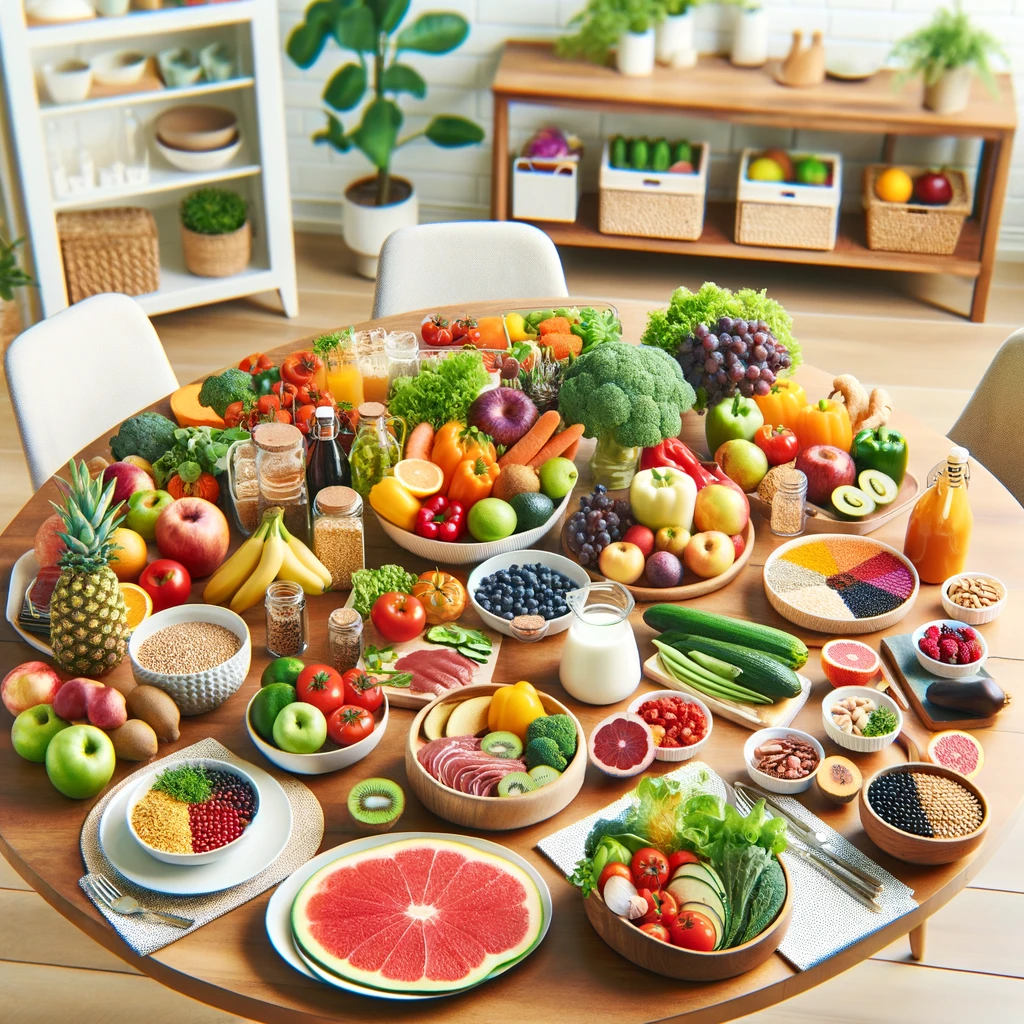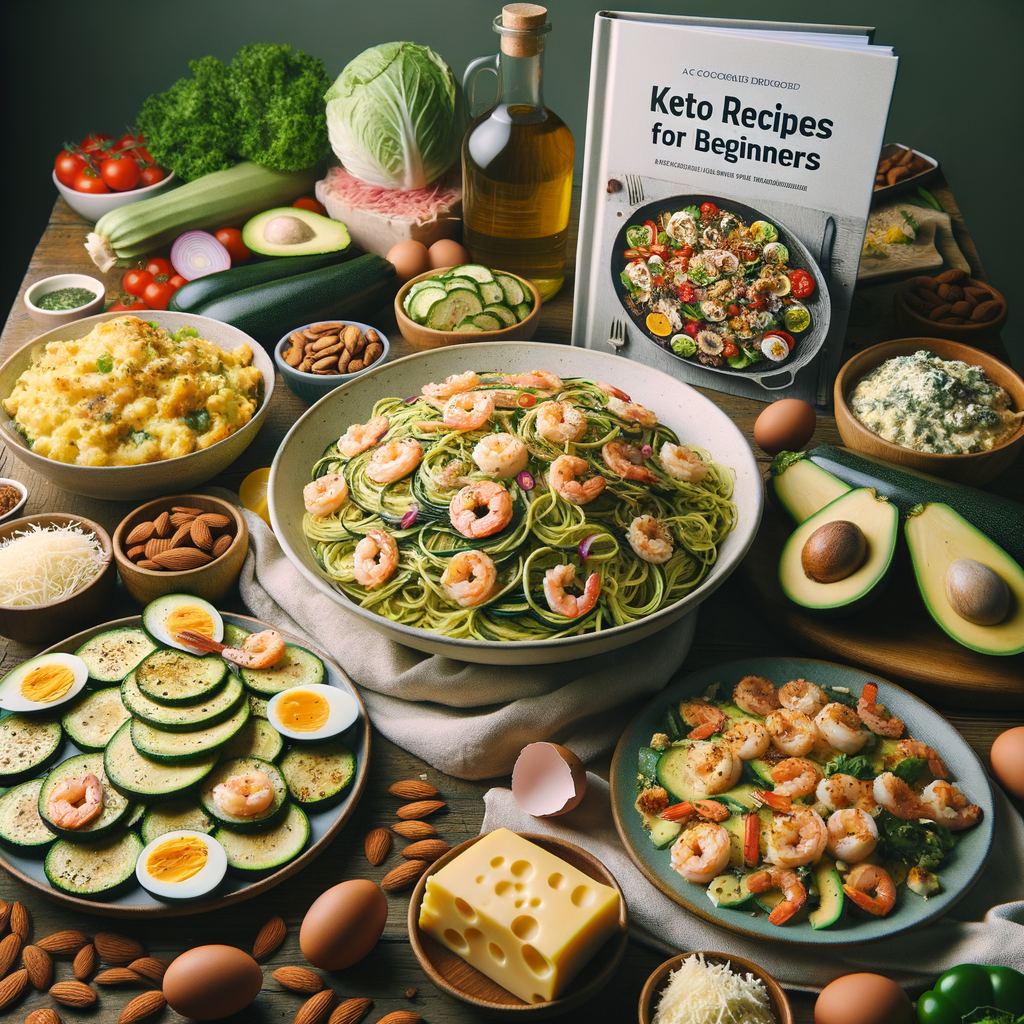
Pregnancy is a journey filled with joy, anticipation, and profound responsibility, particularly when it comes to nutrition. Expecting mothers carry the crucial task of not only nourishing themselves but also ensuring their unborn child receives the vital nutrients needed for healthy development. This guide delves into the key components of a pregnancy diet that supports both mother and baby, emphasizing the importance of nutrient-dense choices and the role of specific vitamins and minerals during this pivotal time.
The Foundation of a Healthy Pregnancy Diet
The transition into motherhood calls for a dietary shift towards foods rich in essential nutrients. An additional intake of two to three hundred calories from “nutrient-dense foods such as lean meats, low-fat dairy, fruits, vegetables, and whole grain products” is advised to meet the growing needs of the unborn child (Cleveland Clinic). Unhealthy cravings might be tempting, but it’s crucial to remember that your food choices directly influence your baby’s health and development.

Vital Nutrients for Pregnancy
Folic Acid: A superhero vitamin during pregnancy, folic acid plays a critical role in preventing birth defects of the brain and spinal cord. It’s so important that women planning to conceive and those who are pregnant are advised to ensure adequate intake of this vitamin, either through diet or supplementation (WebMD).
Calcium: Essential for the baby’s skeletal development, especially in the third trimester, women need to consume between 1000 mg to 1400 mg of calcium daily. This requirement safeguards the mother’s bone density while providing for the baby (Burns, 2006).
Iron: Pregnancy doubles the need for iron to maintain healthy red blood cells. With 27 mg required daily, iron-rich foods like spinach, liver, legumes, and red meats become even more crucial (Fowler).
Protein: A key building block for the baby’s cellular development, adequate protein from varied sources supports both mother and baby. It’s vital, however, to choose healthy, unprocessed sources to avoid overburdening the kidneys (Welton).
Nourishing the Future
Making informed food choices during pregnancy doesn’t just affect the health of the mother; it lays the foundation for the child’s future well-being. Consulting with a healthcare provider early in pregnancy or even before conception can offer personalized nutritional advice to meet the unique needs of both mother and child. Remember, the best dietary choices are those that deliver essential vitamins and minerals, supporting a healthy pregnancy journey.






